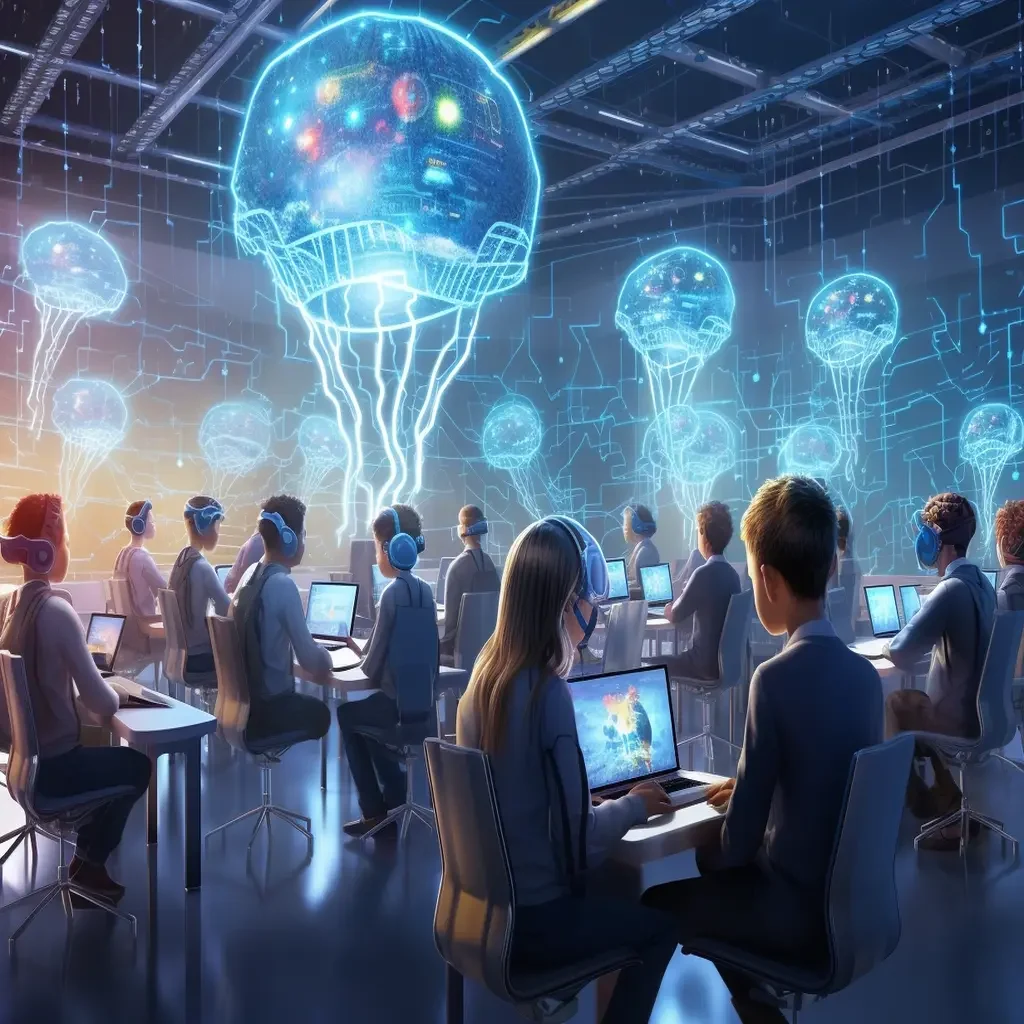Shreya Life Sciences, a very little-known pharmaceutical company based in Mumbai, India, has surfaced as an unexpected player in Russia’s access to high-tech equipment.
In a report by Bloomberg, this Indian firm was found to have shipped over 1,100 advanced Dell servers to Russia between April and August this year.
These Dell PowerEdge XE9680 servers, worth $300 million, were equipped with Nvidia’s top-tier H100 AI chips, and shipped legally despite restrictions from the U.S. and the European Union.
Shreya’s exports reflect India’s growing role as a middleman in high-tech trade with Russia, bypassing direct sanctions. The shipments were for two Russian firms, Main Chain Ltd. and I.S LLC, known for distributing imported hardware within Russia.
Shreya’s high-powered AI server exports, though legal in India, have drawn criticism from Western officials as part of a concern over India’s intermediary role in supplying tech to Russia’s defense sectors.
From pharmaceuticals to high-tech exports
Shreya Life Sciences’ reputation traditionally revolved around pharmaceuticals. Established in Moscow in 1995 by Sujit Kumar Singh, Shreya initially focused on selling basic medical supplies and medications, but over the years expanded to manufacturing drugs like insulin, antibiotics, and antimalarials for many markets, including Russia.
Between January 2022 and August 2024, Shreya sold about $22 million in pharmaceuticals to Russia, placing it among the company’s largest export markets. By September, though, Shreya had expanded into a different line of business — high-tech exports.
The first of these non-pharmaceutical shipments included over $750,000 worth of computer hardware sent to Russia through Lanprint Ltd., a company now under U.S. sanctions. Shreya then moved its partnership to Main Chain Ltd., a newer Russian entity, and I.S LLC.
Together, the companies became the recipients of Shreya’s high-tech exports, mainly consisting of Dell PowerEdge XE9680 servers optimized for AI applications.
Main Chain Ltd., registered in Russia only in early 2023, and led by Anastasia Obukhova, previously involved in tourism ventures, operates with a modest declared capital of 10,000 rubles (around $130). With no direct sanctions on Main Chain, it managed to ramp up imports of AI-focused servers from Shreya this year.
According to Bloomberg, India imported 1,407 PowerEdge XE9680 servers from Malaysia, where Dell’s Asia supply chain is based, and re-exported them to Russia. Bloomberg’s data source, ImportGenius, confirms that shipping documents for 834 of these units listed Malaysia as their origin.
Tech companies under pressure
Major tech companies like Dell, Nvidia, and AMD are under mounting scrutiny for their role in India’s re-export supply chain, given the nature of the goods being sent to Russia.
Although Dell ceased selling products directly in Russia in February 2022 following the Ukraine invasion, they remain responsible for ensuring third-party resellers uphold compliance with international export laws.
“Our trade compliance program is strict,” Dell said, maintaining that they monitor sales carefully to prevent misuse. Similarly, Nvidia and AMD assert they operate in full adherence to export controls, monitoring for any potential breaches.
The U.S. government has grown more and more frustrated with India’s involvement, given the complexity of sanctions enforcement.
Deputy Treasury Secretary Wally Adeyemo issued a warning to the Confederation of Indian Industry, cautioning that foreign financial institutions assisting Russia’s military-industrial complex could face repercussions.
This tension resurfaced during Adeyemo’s recent visit to India, as the Biden administration pushed to align India more closely with U.S. sanctions policies.
India, however, remains unswayed. Long reliant on Russian arms and energy supplies, Prime Minister Narendra Modi’s administration has made it clear that it will continue trade with Russia if it serves national interests.
Modi recently met with his close friend Russian President Vladimir Putin at the BRICS summit that the latter hosted in Kazan, where both leaders talked about the “close and deepening” relations between their nations.
Shreya’s long ties to Promsvyazbank
Promsvyazbank PJSC, a Moscow-based lender now sanctioned internationally for its ties to Russia’s defense industry, has extended massive financial support to Shreya. This relationship enabled Shreya to expand in Russia despite repeated sanctions.
Between 2011 and 2013, the drug company secured an $86 million loan from Promsvyazbank, collateralized by shares held by Sujit Kumar Singh, Shreya’s founder.
This loan allowed him to strengthen its Russian market presence through subsidiary Shreya Life Sciences LLC. By March 2015, following a downturn in the Russian economy, Shreya faced difficulties and defaulted on over 1.9 billion rupees ($23 million) in debt to Indian banks.
Promsvyazbank reportedly allowed the firm to defer loan repayments during this period, despite Russia’s growing financial restrictions. When the bank became Russia’s primary financier for defense initiatives in 2018, its relationship with Shreya continued uninterrupted.
By 2023, the Indian company owed 7.6 billion rupees (85% of total borrowings) to Promsvyazbank, illustrating just how intertwined Shreya’s operations remain with Russian finance. This connection drew further scrutiny in the context of Shreya’s unexpected pivot to AI server exports.
India as a tech middleman
David O’Sullivan, the EU’s chief sanctions officer, pointed to the “huge volume of rupees” Russia has accumulated from oil sales to India as a key factor in these high-tech trades between the two countries.
The ongoing geopolitical conflicts have only strengthened these trade patterns, despite Western countries’ efforts to force sanctions. But these shipments of high-powered servers (falling under the dual-use category per the EU and U.S. sanctions list) are critical to Russia’s AI and defense capabilities.
They are tracked using HS code 847150, identifying them as items of potential military utility. While shipments of dual-use goods are technically permissible in India, they have fueled discontent in Western capitals and heightened pressure on India to monitor and restrict such exports.
The report said that Shreya’s main partner in technology exports, Hayers Infotech Private Limited, operates from the same Mumbai address, where a plaque discreetly marks its association with Shreya’s top-floor offices. Combined, Shreya and Hayers Infotech have exported $434 million in technology to Russia since February 2022.





